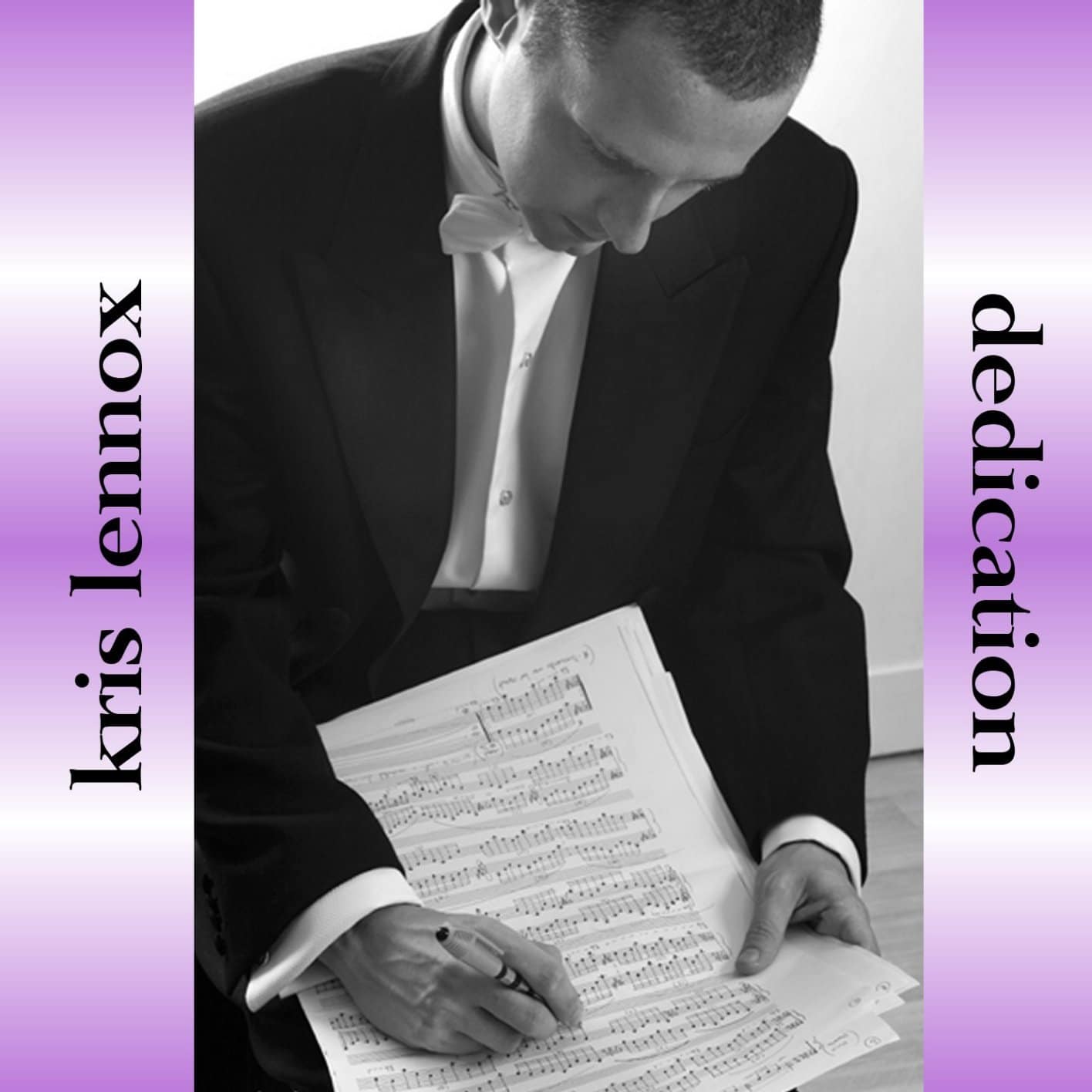Eric Craven – Entangled States
In his program notes for this album Scott Mc Laughlin opens by writing: “Eric Craven’s Entangled States invokes the metaphor of quantum entanglement to comment on the highly symbiotic relationship between composer and performer whose ‘roles become subsumed, [their] individual properties, identities are united in a common goal’.” Quantum entanglement is a phenomenon of ‘superposition’, a subatomic world where particles and forces are intertwined to a degree that would be completely counterintuitive on the human scale. For more on this, a feature of modern physics which fascinates both Eric Craven and Divine Art CEO Stephen Sutton, see elsewhere!
Craven has a unique method of composition which pulls traditional and avant-garde techniques into what he calls non-prescription – the pieces are composed to allow the performer a stipulated degree of freedom; very little in the highly-notated ‘low-order’ works, to the extremely free ‘high-order’ compositions where the performer essentially becomes a co-composer. For more detail download the CD booklet! Suffice it to say that Mary Dullea, in her third Craven album, is the ideal interpreter and ‘realiser’ for Craven as each regards the other as having unique and superlative gifts.
The result is music which is not at all audience-unfriendly but which presents varied, rich, beautiful and understandable sounds. Eric Craven more than most modern composers is one whose voice is a beacon in a morasse of mediocrity and he deserves enormous praise and recognition.
Track Listing
-
Eric Craven(b.1944): ENTANGLED STATES
- I
- II
- III
- IV
- V
- VI
- VII
- VIII
- IX
- X
- XI
- XII
- XIII
- XIV
- XV
- XVI
- XVII
- XVIII
- XIX
- XX
- XXI
- XXII
- XXIII
- XXIV
- XXV
- XXVI
- XXVII
- XXVIII
- XXIX
- XXX
- XXXI
- XXXII
- XXXIII
- XXXIV
- XXXV
- XXXVI
- XXXVII
- XXXVIII
- XL
- XLI
- XLII
- XLIII
- XLIV
- XLV
- XLVI
- XLVII
- XLVIII
Reviews
“Stylistically, the music varies dramatically, sometimes vaguely echoing Prokofiev, at others taking on a Satie-like coolness, at times sounding like an out-take from Bartok’s Mikrokosmos, at others darting over the keyboard like some anonymous post-Webernist [with] a number of vital and delightful pieces. There can be no complaints about the performances or the sound.
” —Peter J. Rabinowitz
“[A] pretty unique, but interesting conceptual album. Composer and performer work together for one reason and one reason only, a totally individual compositional performance. Mary Dullea does a splendid job of pulling everything together into a complete whole, showing her excellent pianistic skills and creative interpretation. All in all, this is an interesting pianistic album of both power and finesse, and a work which one hopes should have the opportunity of more performances.
” —Peter Byrom-Smith
“This double CD of solo piano (the ever-reliable Mary Dullea) reminded us of Bach’s Goldberg Variations — not because of the variations (there aren’t any) but because of the way it wends in and out of your consciousness. Neither unstructured or formless, it’s never strident or intrusive.
” —Jeremy Condliffe
“[The music] could be described as Kaikhosru Sorabji having cocktails with Bill Evans, Count Basie, Claude Debussy and Igor Stravinsky. This is a sweeping stylistic simplification, but it may help. The music is not difficult, it is typically comprehensible to the listener and nearly always pleasing to the ear. The sound quality is excellent, the playing is impressive, ‘inventive’ and dynamic. Everything tells me that this is an ideal ‘wrap’. This is an impressive and often quite beautiful production.
” —John France
















![Listen to the full suite of Marcel Dupré’s Variations Sur un Noël, Op. 20 from Alexander Ffinch’s #Expectations release today! listn.fm/expectations [in bio]](https://scontent-dfw5-1.cdninstagram.com/v/t51.71878-15/588904367_2327488161082898_8709236950834211856_n.jpg?stp=dst-jpg_e35_tt6&_nc_cat=105&ccb=7-5&_nc_sid=18de74&efg=eyJlZmdfdGFnIjoiQ0xJUFMuYmVzdF9pbWFnZV91cmxnZW4uQzMifQ%3D%3D&_nc_ohc=BGoHgV_YYfIQ7kNvwHw-krK&_nc_oc=AdnhCz2XLzNs_0K5c-205in3YNZ_Eng2zrdmv-D0d6UfUlspJmpoCM_4EkDmYSAG6xb-vWOtLJ1TxGy-TWhzRcU-&_nc_zt=23&_nc_ht=scontent-dfw5-1.cdninstagram.com&edm=ANo9K5cEAAAA&_nc_gid=cTnzb89e29YnamiWSL5fwQ&oh=00_AfoGCpXGkFxDaWz4-kQxY0eimJ3AdTl5LdyccyvGME9S8A&oe=695E6B6A)